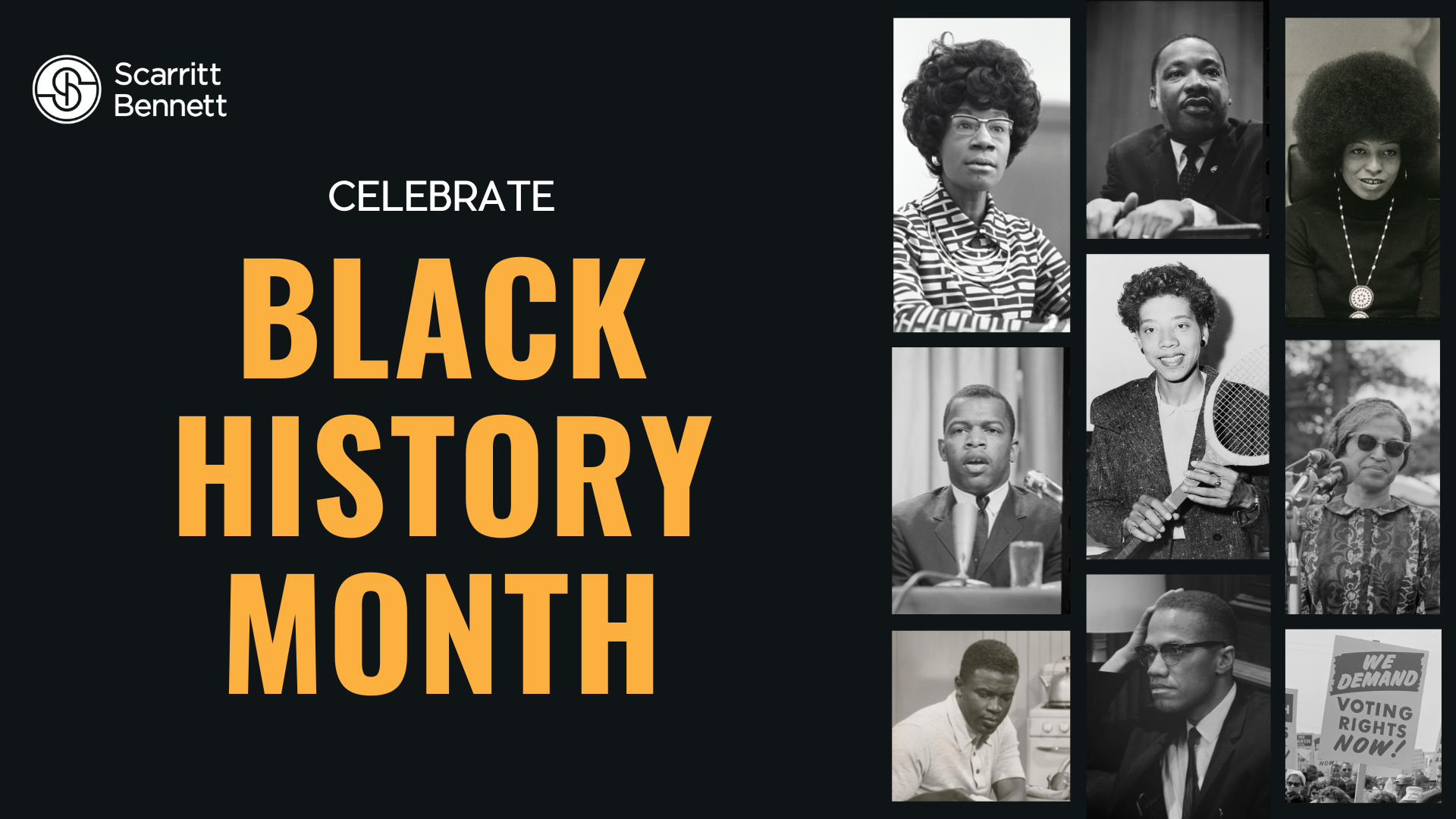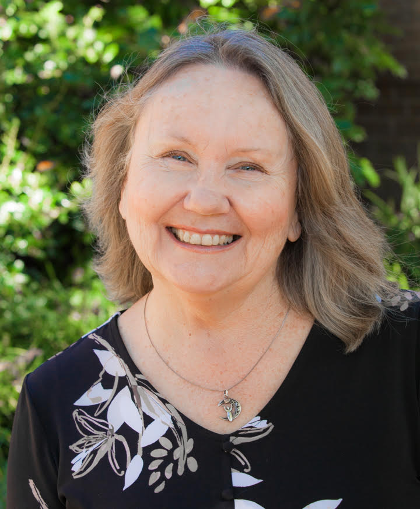
February is Black History Month
February is Black History Month, which honors the triumphs and struggles of Black Americans throughout U.S. history, including the Civil Rights Movement as well as their artistic, cultural, and political achievements.
In 1915, half a century after the Thirteenth Amendment abolished slavery in the United States, historian Carter G. Woodson and minister Jesse E. Moorland founded the Association for the Study of Negro Life and History (ASNLH). This organization is dedicated to researching and promoting achievements by Black Americans and other peoples of African descent. Woodson received his doctorate in 1912 from Harvard University and wrote more than twenty books about the history of Black Americans. In February 1926, Woodson established the first Negro History Week. Fifty years later, President Gerald Ford officially recognized Black History Month in 1976, calling upon the public to “seize the opportunity to honor the too-often neglected accomplishments of Black Americans in every area of endeavor throughout our history.”[1]
In shared celebration of Black History Month, my blogs this month will highlight and reflect on a few stories of achievement by African Americans. Like this one:
Phyllis Wheatley Peters (1753-1784) was kidnapped from her home in Senegal, West Africa when she was about seven years old. By the time the ship arrived in Boston, she was described as “of slender frame and evidently suffering from a change of climate,” nearly naked, with “no other covering than a quantity of dirty carpet about her.” A prominent family purchased her to be a domestic, but she was allowed to be educated with the Wheatley’s son and daughter. An Elegiac Poem, on the Death of that Celebrated Divine, and Eminent Servant of Jesus Christ, the Reverend and Learned George Whitefield, was a poem penned by Wheatley in 1770 about the death of evangelist George Whitefield that was published in the newspaper along with his eulogy. Wheatley published a selection of her poems in England because no American publisher would publish work by a Black author. Find out more about Phyllis Wheatley at https://www.poetryfoundation.org/poets/phillis-wheatley.
I cannot even begin to imagine what it must have been for a small child to be torn away from her family, community, culture and thrust into a ship transporting people like cattle. What gave her the resilience, the stamina, the courage to achieve as she did?
February 4 is also the birthday of another woman of incredible strength and courage:
Born in 1913, Rosa Parks became known as the “Mother of a Movement” when she refused to give up her bus seat to a white man in Montgomery, Alabama in 1955. “People always say that I didn’t give up my seat because I was tired,” wrote Parks in her autobiography, “but that isn’t true. I was not tired physically… No, the only tired I was, was tired of giving in.” This seamstress left a legacy of integrity and truth by standing up / sitting down, against inequality that changed unjust systems. In 1999, Parks was awarded the Congressional Gold Medal, the highest honor the United States bestows on a civilian. When she died at age 92 on October 24, 2005, she became the first woman in the nation’s history to lie in honor at the U.S. Capitol.
This week for reflection, I encourage you to read more about the risky and empowering life of Rosa Parks.
Blessings,
Donna

Rev. Dr. Donna Patterson serves as Anam Cara Chaplain in Residence for Scarritt Bennett Center and directs the Center’s Soul Work program.
[1] https://www.history.com/topics/black-history/black-history-month
